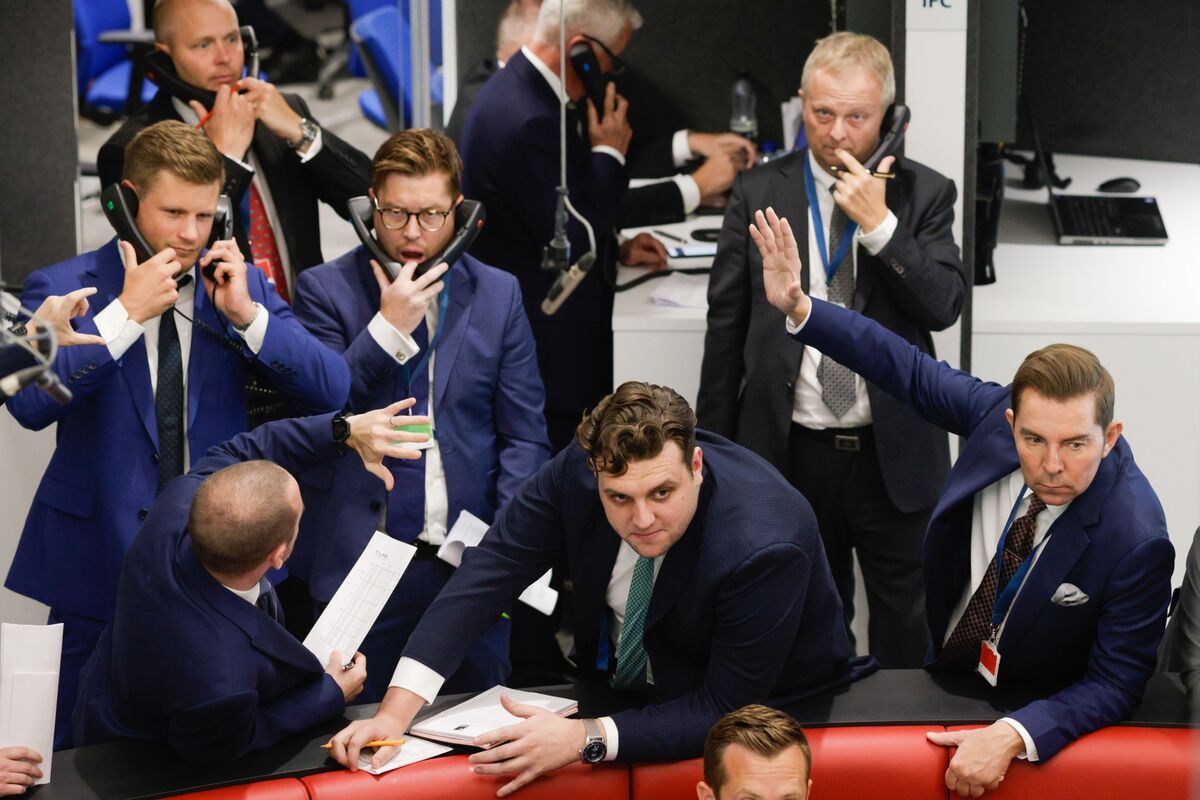CME Group, the world’s largest derivatives exchange, said it is not planning to launch a nickel contract to rival the London Metal Exchange, despite its chief describing the LME as having “a lot of issues”.
“I’m not working on listing a nickel contract,” Terry Duffy, chair and chief executive of the Chicago-based group, told the Financial Times, adding “never say never” but that launching an alternative would be difficult.
Users have called for an urgent overhaul of the LME’s nickel market after the 146-year old British exchange sparked deep controversy last year by cancelling eight hours’ of trades when prices surged in a short squeeze. The decision has drawn lawsuits from customers including hedge funds and market makers, and led to regulatory investigations.
Adding to its problems, last month the exchange found bags of rocks at a warehouse instead of the nickel they were meant to contain. Duffy said that discovery shows “there’s something really violently broken there”.
Last month the head of trading group Trafigura added to pressure on the London exchange, saying its nickel contract is not fit for purpose.
Some investors have hoped the CME would launch a rival contract as it already trades aluminium, copper and steel.
But Duffy pointed out that there were obstacles to overcome such as the storage and delivery of the physical metal.
In order to create a new contract, “you need the guys who have warehouses . . . you need to add value to shareholders”, said Duffy, who has worked at CME for more than two decades, having been a member on the old trading floor. “I don’t want to get my team in there and say we can wrestle away liquidity. Liquidity becomes very hard to displace and I still believe that with LME.”
LME is owned by Hong Kong Exchanges and Clearing, and Duffy doubted it was open to selling. “I’m rooting for them to get it right because it only helps the entire system,” he added.
CME has grown to become the world’s largest futures and options exchange and was one of the first venues to trade crypto derivatives.
Duffy, who has been a vocal opponent of failed crypto exchange FTX founder Sam Bankman-Fried, said that while traders have made money from crypto, there are few tangible use cases aside from stablecoins which help “eliminate friction”.
“Industries are not using [crypto] to create efficiencies for their businesses . . . economies aren’t benefiting, I don’t see that one bit,” he added.
CME plays down rival to LME nickel market
